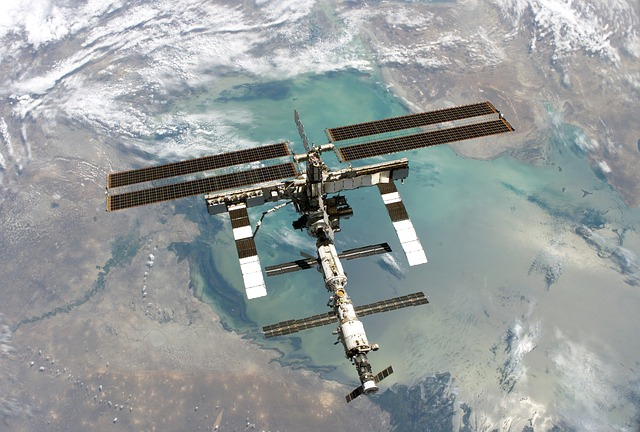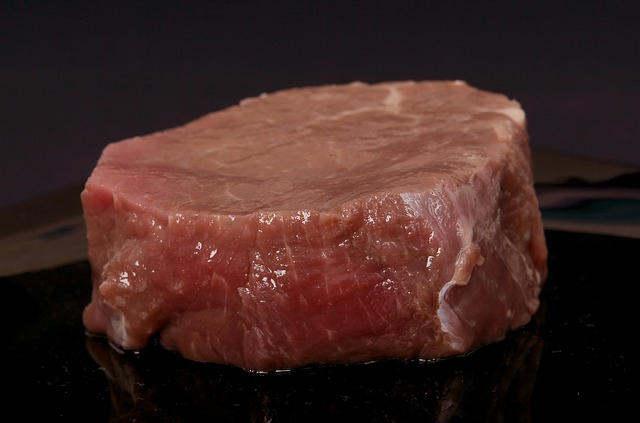
While experts recently stated that reducing the consumption of meat products may prevent catastrophic global warming, the astronomers thought of making the meat in outer space.
Yes, it's right but there is a twist, the scientists have successfully grown beef in space by using a 3D bioprinter for the first time. This was an experimental project that was conducted aboard the Russian section of the International Space Station (ISS) on September 26. The astronomers used a bioprinter from 3D Bioprinting Solutions to produce the beefsteak.
The scientists took the bovine cells, provided by Aleph Farms from earth to space and bio-printed into a muscle-tissue structure.
Since the astronomers don't have the luxury of raising farm animal, this success showed an opportunity to use the technology to grow meat for those living onboard the station to eat and the steaks will also provide the protein they need to sustain muscles on long voyages.
But Aleph's Yoav Reisler told IBTimes Singapore that "The meat that produced on the ISS is not ready for consumption, yet. On this stage, the focus was on establishing the cell-cell contacts, the structure and the texture of muscle tissues, the building blocks of meat. Therefore, there wasn't any tasting that could indicate that the meat produced on the ISS, has different taste than the one we're producing on Earth."
Earlier he told Space.com that they have planned to build on the experiment and make synthetic beef steaks available on terra firma using large-scale "bio-farms."
It should be noted that Aleph Farms successfully produced a steak strip within two weeks on earth in December 2018.
As per the co-founder and chief executive of Aleph Farms, Didier Toubia: 'We are proving that cultivated meat can be produced anytime, anywhere, in any condition."
He said that in an unusual environment such as space, "we don't have 10,000 or 15,000 litres of water available to produce 1kg of beef. This joint experiment marks a significant first step toward achieving our vision to ensure food security for generations to come while preserving our natural resources."
However, this cutting-edge research doesn't pose harm to our environment or exacerbate land waste, water waste and pollution. We know that the world population is rapidly growing and is predicted to reach 10 billion individuals by 2050. So in such a situation, food crisis will be another major issue. So it can be believed that through this technology the food crisis can be solved.










